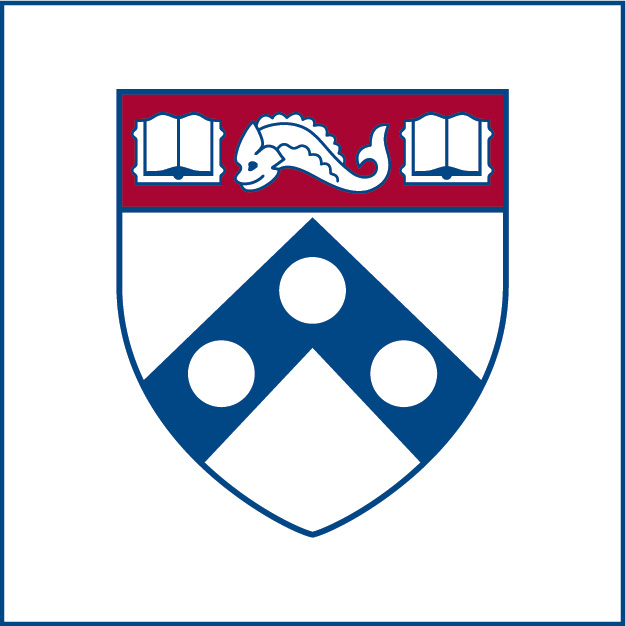The University Professorship of Neurological Sciences

University Professorships were created in 1961 to be awarded to members of the faculty “who have made contributions to the world of learning…[and are] eminent scholars who have demonstrated the breadth of intellectual vision which encompasses several aspects of the arts, sciences and professional fields. Their published works and professional activities must have attained wide recognition from well-known scholarly sources.
“The privileges and obligations of University Professors are to serve the University community and its educational programs broadly…with the most effective expression of their talents in instruction, research, and service.”
Eliot Stellar, PhD, one of the founding fathers of behavioral neuroscience, held the Professorship from 1977 to 1990. Throughout his career, Dr. Stellar explored the relationship between the physiological processes of the brain to behavior, making breakthrough discoveries. As an academic and scientific leader at the University of Pennsylvania for 40 years, he encouraged collaboration across disciplines as this new field of study emerged. Among his roles at Penn, he was the Joseph Leidy Professor of Cell & Developmental Biology, Chairman of the Department of Anatomy, Director of the Mahoney Institute for Neurosciences, and Provost of the University.
Dr. Stellar (1919–1993) graduated from Harvard College and then attended Brown University, where he received an advanced degree in psychology. After service in the Army, he took a position at Johns Hopkins as Assistant Professor of Psychology. His classic 1954 paper, “The Physiology of Motivation,” was a seminal work that shaped the field for 30 years, integrating what was known about hypothalamic function in regulating basic drives like hunger and sex into a model of brain function. At Penn, he not only conducted his own research, but developed numerous new programs to foster behavioral neuroscience, including the Biological Basis of Behavior major and scholarship programs that reached out to universities in Europe, Asia, and the Middle East. Under his leadership, Penn’s Department of Psychology became one of the strongest in the nation. Among his many awards, Dr. Stellar received the American Psychological Foundation’s Gold Medal for Lifetime Achievement.

